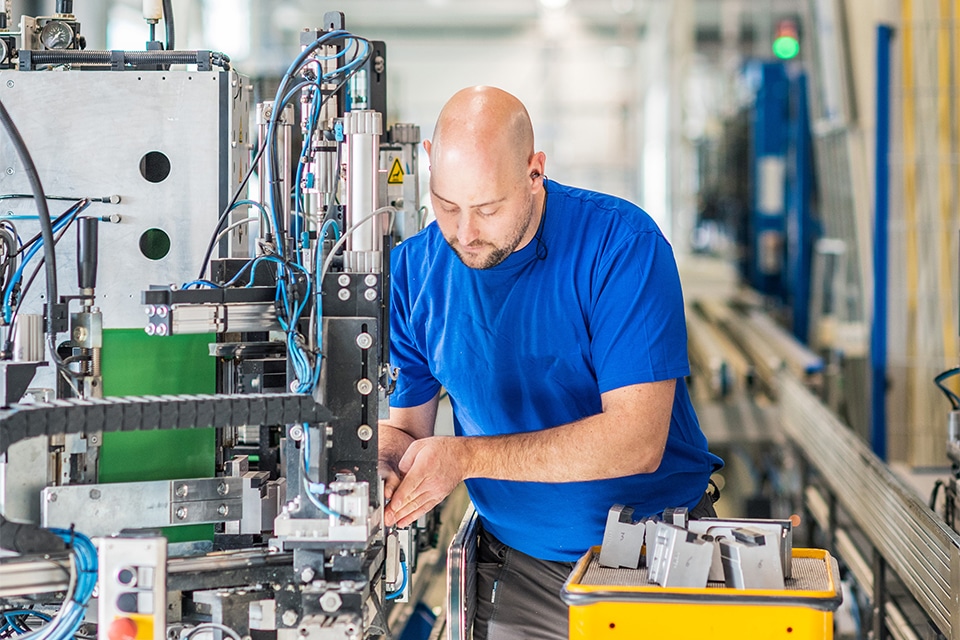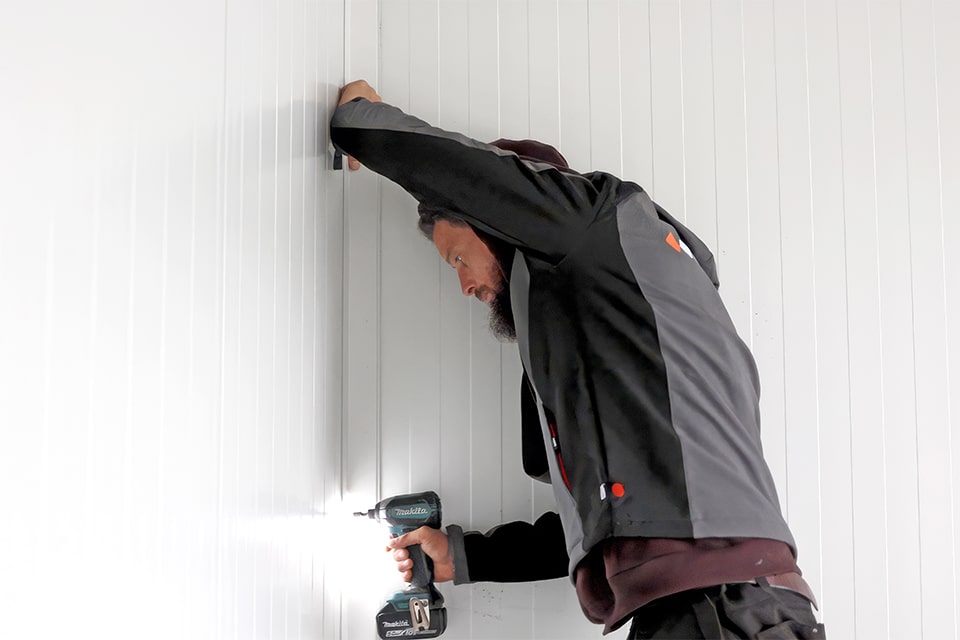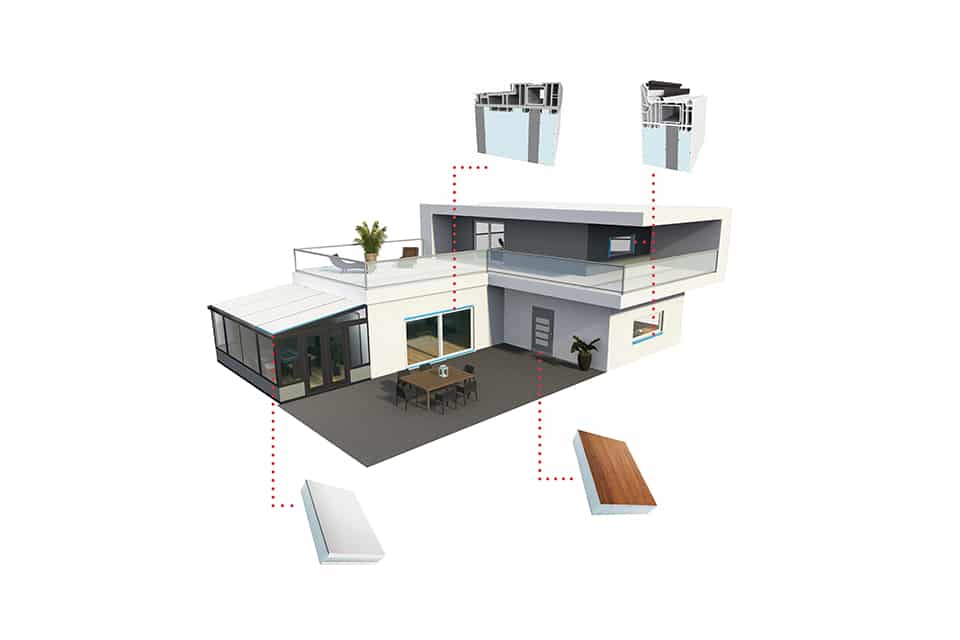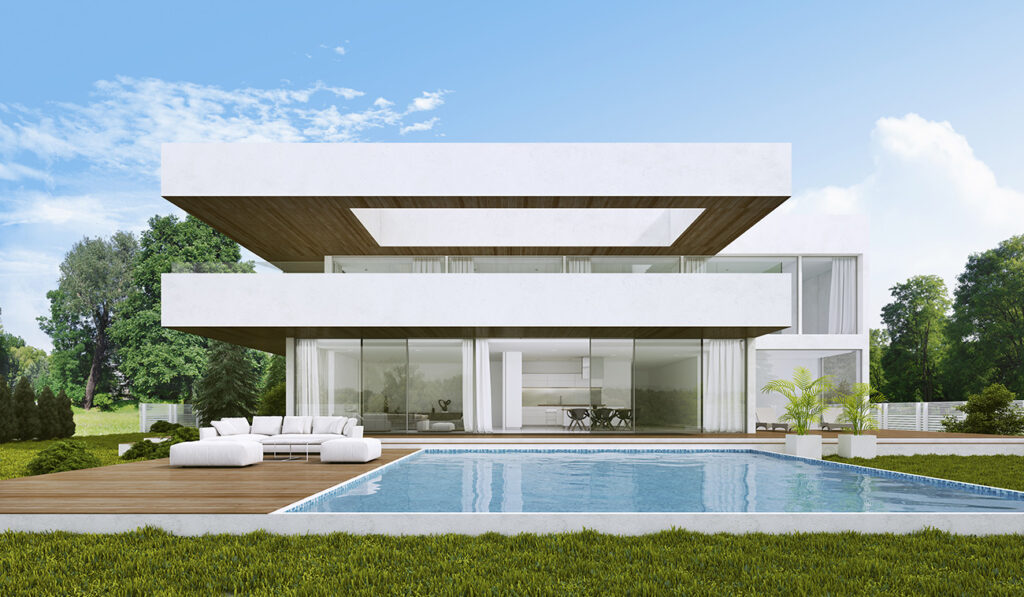
Choose your window and door systems with the environment in mind!
Climate change is an undeniable fact. Every industry needs to redouble de-carbonization efforts, but this is especially true for the construction industry, which is responsible for a whopping 36% of CO2 emissions in Europe.
All decisions made now by building investors must also take environmental considerations into account, because only together can we care for the planet and our precious future generations. This also applies to the windows and doors industry, whose share of the total carbon footprint of office buildings is according to the analysis by consulting firm Sweco is nearly 4%.
In residential construction, this will be a slightly higher percentage, especially if the energy balance analysis takes into account not only the time of construction, but the entire life cycle of the building - its use and demolition - explains Michiel van Duren, Managing Director at Aluprof Netherlands BV from. This is one of the reasons why, as an aluminum systems manufacturer, we focus so strongly on recycling. We already use large amounts of aluminum scrap in the production process (approx. 65%), and in the next 3 years we aim to reduce our carbon footprint by another 15%. All this in order to market a product with the highest possible positive environmental impact - adds van Duren.

Framework - choose ecologically!
Aluminum window and door systems are a solution that are not only aesthetic and functional, but above all have ecological benefits on several levels.
Environmentally friendly windows are not only characterized by low emissions during production. First of all, they support the energy balance of the building during its use, i.e. they offer the possibility of reducing heating costs thanks to high thermal insulation.
The MB-104 Passive window and door system with innovative thermal break meets the high insulation standards for passive buildings. This is confirmed by certificates from the Passive House Institute in Darmstadt. It can be used not only functionally as a window and door system, but also for architectural purposes and elements such as vestibules or spatial constructions.

Plenty of daylight and energy recovery
An energy-efficient home maximizes the recovery of natural energy. For this reason, open glazing is currently being designed aesthetically as much as possible, opening up space to natural light and obtaining additional energy from the sun, resulting in free heat in winter.
The MB-SKYLINE TYPE R is specially designed for spectacular large sliding glass doors, especially for private projects. The maximum height of 4 meters with an operator with a lifting capacity of 700 kg allows the design of fully panoramic views.
And in the summer? Shades in the form of blinds or screens reduce excessive light and protect against excess heat entry.

Easily recyclable
By choosing aluminum window and door systems, we have added assurance that regardless of changing conditions and technologies in the future, there will be no recycling issues when they need to be replaced or removed.
- Aluminum, unlike PVC, for example, can be endlessly processed without loss of quality. Many of our products have obtained Cradle to Cradle certification, confirming the positive environmental impact of our products that can be used in a circular economy. Our MB-86 ST/SI windows have such a certificate - said Ralph van der Kooij, Sales Manager at Aluprof Nederland BV.
Making ecological considerations when choosing windows is not only an expression of concern for the future of the planet, but also for one's own comfort. Certified window and door systems guarantee the minimization of heat loss, which is directly felt in the wallet of the building owner.
Article sponsored by Aluprof
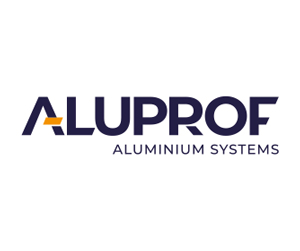
ALUPROF NETHERLANDS B.V.
Chamber of Commerce number 67919340
Ommelseweg 44D
5721WV Asten
+31 49 37 69 004
aluprof.eu/en
Heeft u vragen over dit artikel, project of product?
Neem dan rechtstreeks contact op met Aluprof.
 Contact opnemen
Contact opnemen
